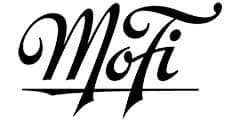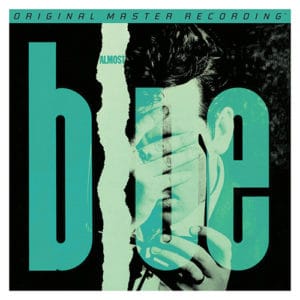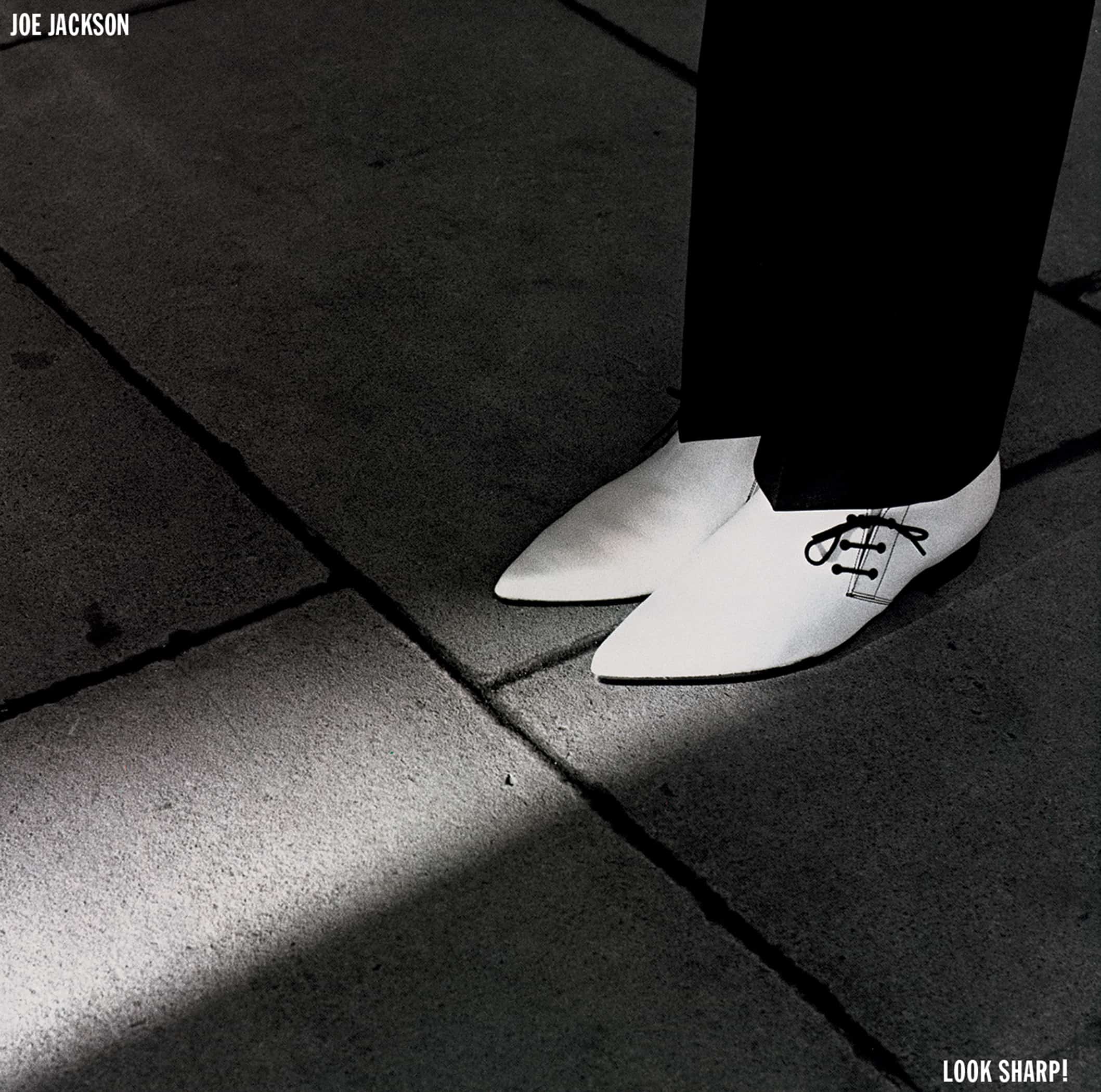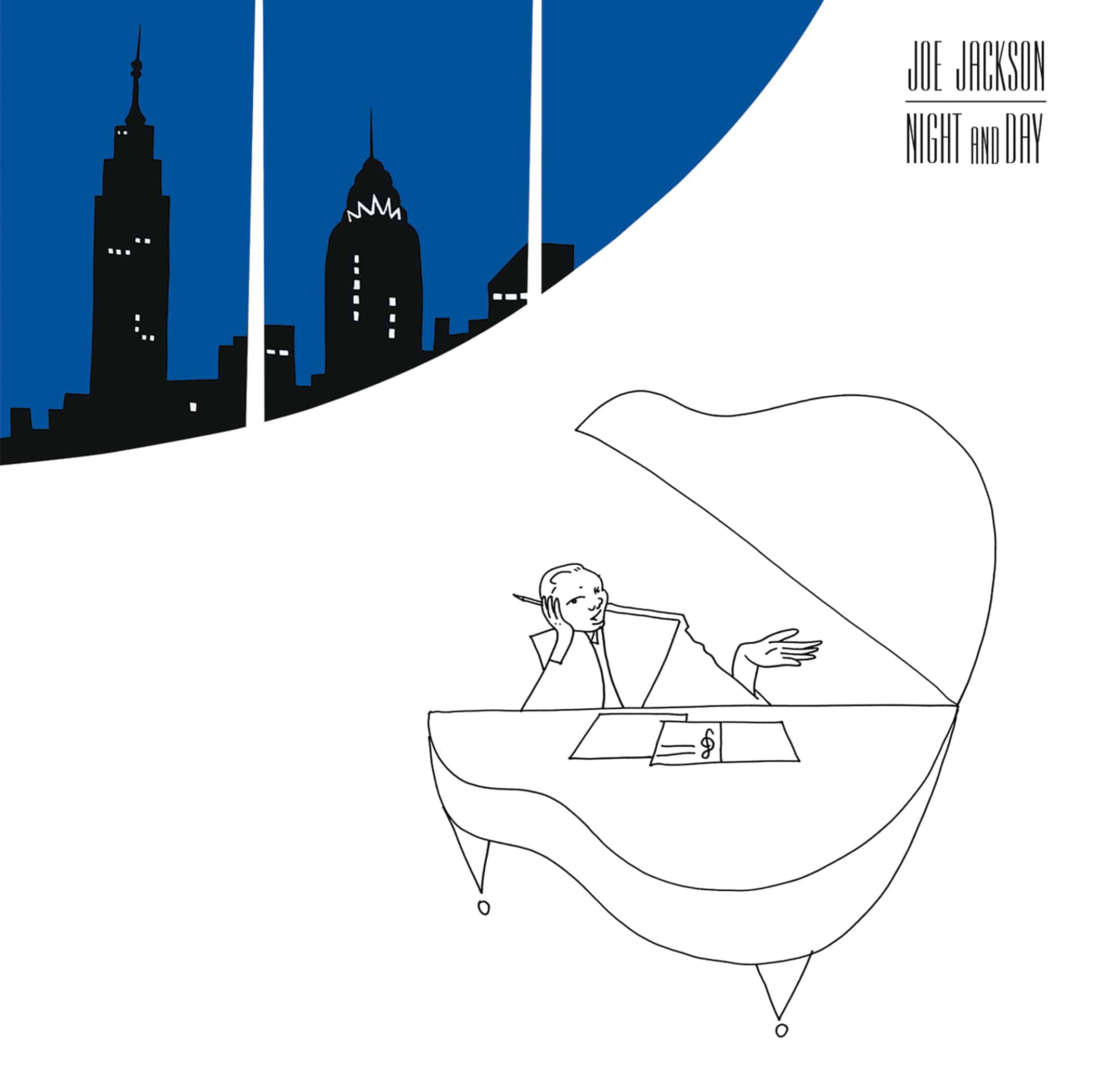Marketplace
2012 Mobile-Fidelity Sound Lab PRESSING
- Catalog Number MFSL 1-335
- Release Year 2012
- Vinyl Mastering Engineer Krieg Wunderlich
- Pressing Weight 180g
- Jacket Style Single
- 100% Analog Mastering Yes
- Pressing Plant QRP
- Original Release Year 1981
- Original Label F-Beat
- Original Country UK
- Original Catalog Number XLLP 13
When listening to this album I think of this band or music:
It’s easy to call Almost Blue Elvis Costello’s country album. It’s more accurate to call it his Gram Parsons record since the latter’s music first opened Costello’s ears to the charms of the country pantheon. But even if Parsons lit the fire that inspired the sessions, Costello and the Attractions take their 1981 collection of classic country covers and season it with flavors from their pub-rock past. You can imagine a drunken crowd in London’s rough-and-tumble East End singing along at the top of their lungs to Costello’s treatment of Charlie Rich’s “Sittin’ and Thinkin’.”
Music from this album would be a great soundtrack to this movie:
Almost Blue would provide an ideal backdrop for an update of John Schlesinger’s Midnight Cowboy. This time, Joe Buck winds up in London and Ratso Rizzo is his cockney guide through the city’s bleakest streets.
Elvis Costello and the Attractions certainly weren’t the first U.K. rock band to poach America’s country-and-western landscape. The Beatles borrowed from Buck Owens and the Rolling Stones fell under Gram Parsons’ hypnotic spell. What makes Almost Blue different is the pure, unabashed love Costello demonstrates for each of the writers he spotlights. While every tune gets stamped with the singer’s unmistakable voice, which vacillates between a sarcastic snarl and a melancholy croon, the songs always hold center stage. The story goes that Costello’s deteriorating first marriage and heavy drinking contributed to his convincing performances of Merle Haggard’s “Tonight the Bottle Let Me Down” and George Jones’ “Brown to Blue.” The London native’s passion for the material remains infectious to this day.
In 1981, coming after he released five critically successful studio albums, Costello’s decision to defy new-wave and punk expectations seemed right out of Bob Dylan’s Nashville Skyline playbook. Early pressings of Almost Blue bore a label on the shrink wrap that read: “WARNING: This album contains country & western music and may produce radical reaction in narrow minded people.” Nonetheless, the album sold relatively well and has only grown in stature.
Recorded at Nashville’s legendary CBS Studio A, the sessions were produced by Billy Sherrill—a songwriter famous for his work with Tammy Wynette, George Jones, and Charlie Rich. While Sherrill expressed initial skepticism of what he suspected might be a spoiled rock star’s vanity project, Costello’s unbridled enthusiasm and the Attractions’ stellar musicianship won him over. Keyboardist Steve Nieve channels great country pianists like it’s his second nature while Bruce Thomas’ melodic bass lines and Pete Thomas’s forceful kick-drum wallops give the tracks a danceable bounce. And John McFee’s tear-drenched steel-guitar work enters at precisely the right moments throughout the album, a set whose production quality proudly stands next to a number of notable Nashville classics.
The best-sounding version of Almost Blue I’ve heard is a U.K. original pressing on the F-Beat label. For sheer presence, pace, and bass response, it beats the relatively one-dimensional and anemic-sounding U.S. Columbia pressings I’ve perused over the years. The U.K. LP’s only minor flaw? It can come on a bit bright when McFee hits his highest guitar notes—as well as during some of Costello’s most aggressive phrasing. Krieg Wunderlich’s 2012 remaster for Mobile Fidelity Sound Lab solves the problem. Sourcing from the original analog master tapes, Wunderlich eliminates the U.K. edition’s grain and opens up the soundstage a touch. The downside? Some of the original pressing’s upper-midrange energy goes missing. While Pete Thomas’ kick drum feels even more forceful on the remaster, Bruce Thomas’ bass melodies are less prominent. I lean toward the original, but those with brighter systems could easily favor the Mobile Fidelity. Call it a tie.
Almost Blue


 4.5
4.5

